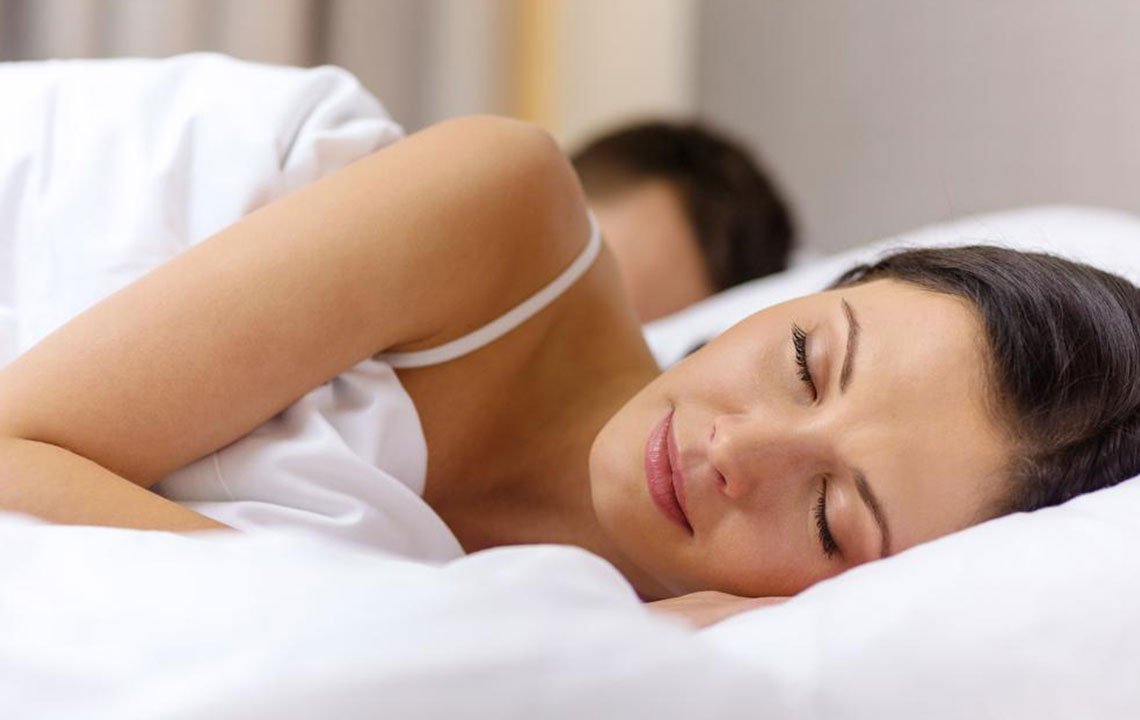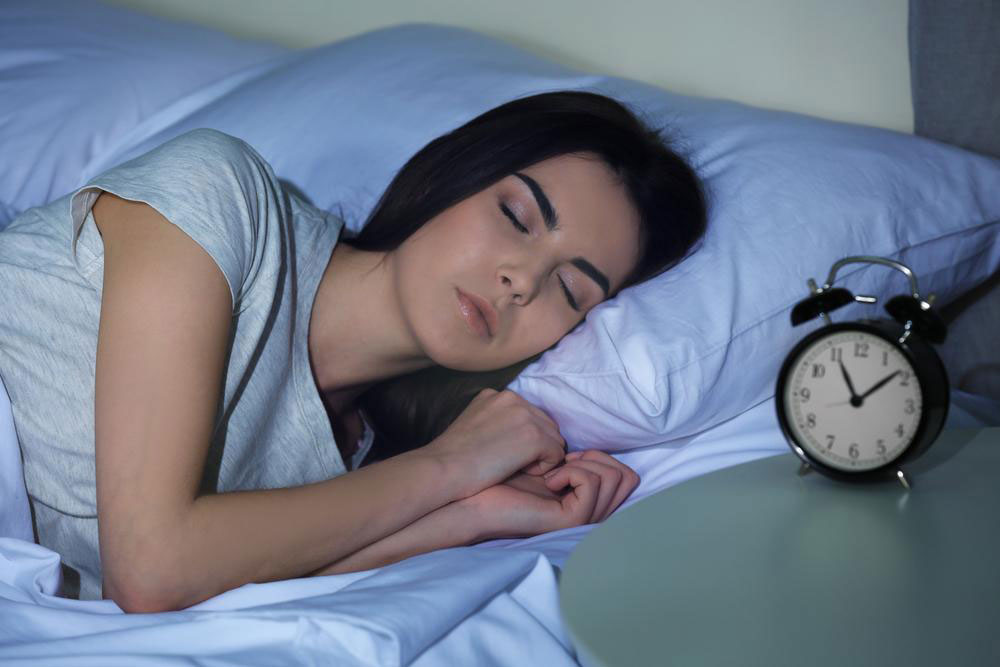Effective Strategies and Remedies for Sleep Difficulties
Discover effective sleep solutions for sleep disorders including natural remedies, behavioral therapies, and safe over-the-counter options. Learn how to improve sleep quality naturally and accurately manage sleep disruptions to enhance your overall health and well-being.

Effective Strategies and Remedies for Sleep Difficulties
Chronic insomnia can be deeply frustrating, making it challenging to rest while the world sleeps. Common causes include mental health issues and neurological disruptions that interfere with sleep cycles. Understanding the root problem is essential for effective treatment, with sleep aids playing a crucial role. Among the most helpful options are natural remedies, behavioral therapies, and over-the-counter solutions. Addressing sleep problems comprehensively leads to better rest and improved well-being.
Medical Factors Contributing to Sleep Issues
Several health conditions can directly cause insomnia or make sleep difficult. Some such issues include:
Nasal or sinus inflammation
Digestive disorders
Hormonal imbalances like hyperthyroidism
Joint conditions such as arthritis
Respiratory conditions like asthma
Neurological disorders
Medications for allergies, cold, cardiovascular health, or mental health can also have side effects that disrupt sleep patterns.
Natural Sleep Enhancers
Individuals suffering from sleep disturbances often seek natural solutions. Popular dietary supplements include:
Valerian: An ancient remedy used to reduce insomnia and nervous tension. It’s important not to mix valerian with other sleep medications or supplements.
Chamomile: This herb is widely used as tea, ointments, or extracts to promote relaxation and sleep.
Melatonin: A hormone produced naturally in the brain that regulates sleep-wake cycles. Synthetic melatonin supplements are available and may help improve sleep duration.
While some scientific skepticism exists regarding their effectiveness, many find these natural aids beneficial. However, caution is advised, as supplements like melatonin should not be used by children due to hormonal effects. It’s also essential to purchase these products from reputable sources.
Cognitive Behavioral Approaches
CBT offers a non-pharmacological method to manage sleep issues through various techniques:
Sleep hygiene: Maintaining consistent sleep schedules, avoiding caffeine, and creating a relaxing pre-sleep routine.
Stimulus control: Making the bedroom a dedicated sleep environment by removing electronic devices like TVs and computers.
Sleep restriction: Limiting time in bed to improve sleep quality and duration.
Cognitive therapy: Addressing negative thoughts that interfere with sleep.
Relaxation techniques: Methods such as meditation, deep breathing, and muscle relaxation aid in calming the mind and body.
Over-the-counter Sleep Medications
OTC sleep aids are an accessible option for short-term relief but should be used cautiously. Most contain antihistamines, which can cause drowsiness but may lose effectiveness with prolonged use. Side effects like dizziness or dry mouth are common, and usage should be discussed with a healthcare provider. Popular options vary between herbal remedies, melatonin, and antihistamines. It's important to choose based on individual needs and health conditions.
In summary, selecting the right sleep aid depends on personal preferences, underlying causes, and safety considerations. Proper guidance ensures better sleep and overall health.










